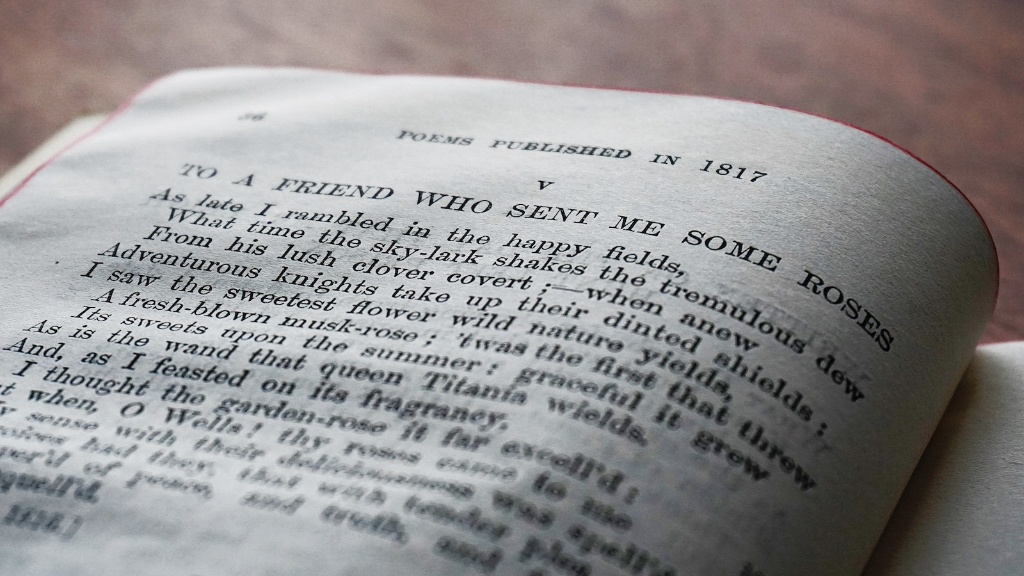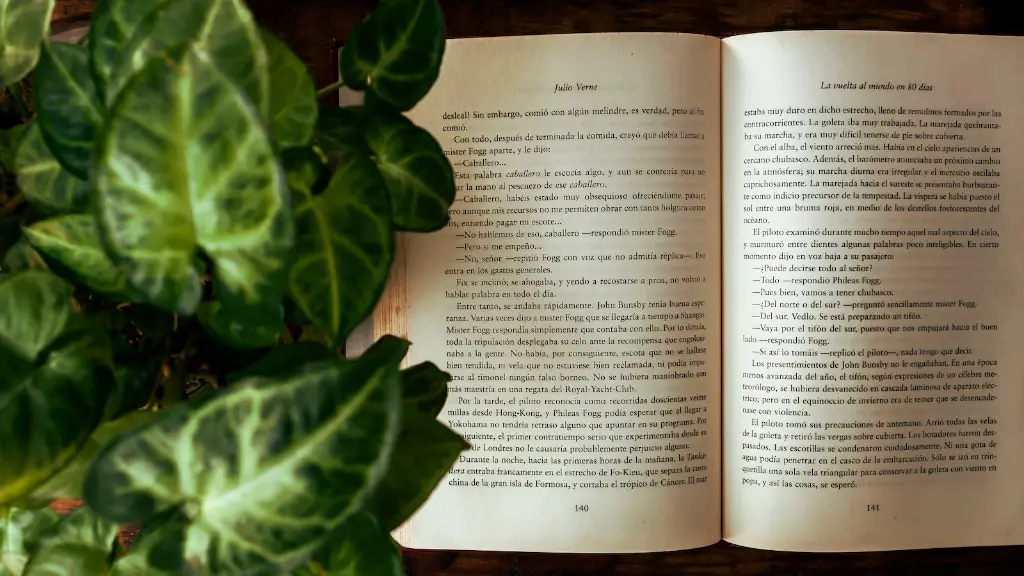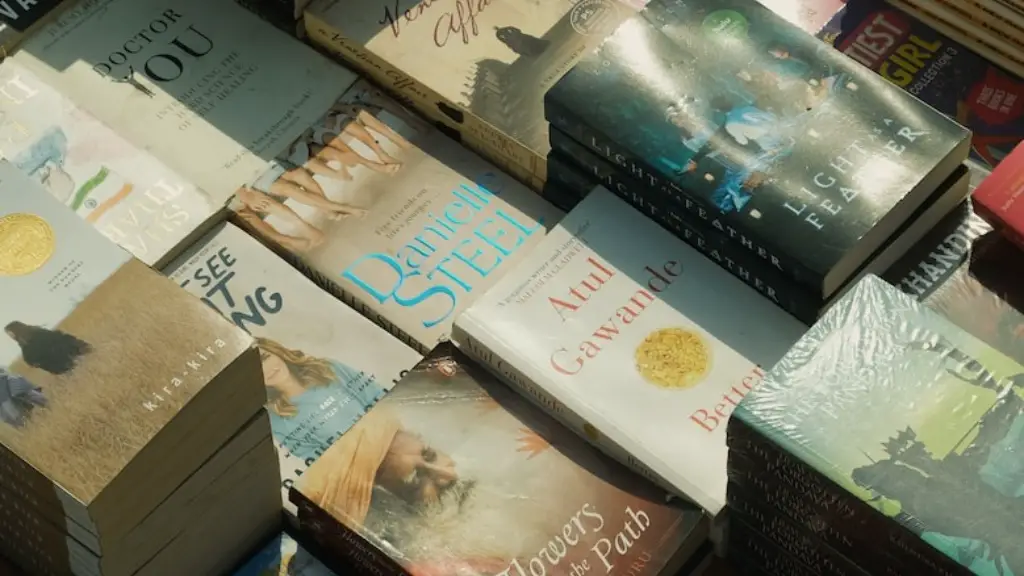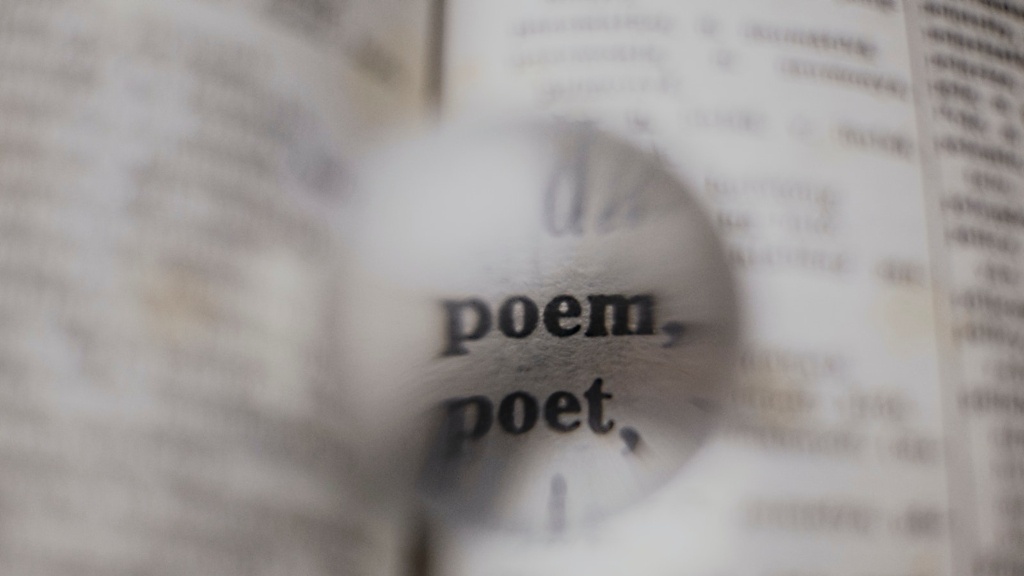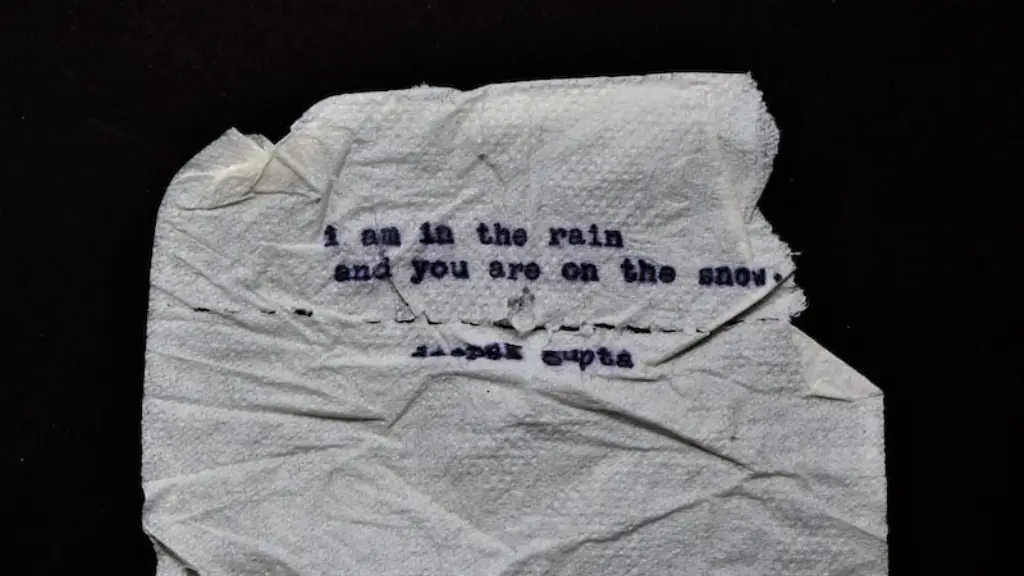What is Walt Whitman Famous For?
Walt Whitman is an iconic American poet and journalist whose name resonates throughout the literary world. He is widely renowned for his progressive views on politics, religion and sexuality, and is considered a springboard for civil rights in the United States. His iconic work Leaves of Grass is among the most influential collections of poetry in American history, prompting the rise of and influence upon the modern American poetic landscape.
Born in 1819 in New York, Whitman grew up in the vibrant and densely populated neighborhood of Brooklyn. He found an interest in the performing arts at a young age, attending the theater and writing satirical poetry and pieces for local newspapers. After dropping out of high school, Whitman spent the remainder of his formative years as a working man, frequently employed as a schoolteacher, journalist and even laborer.
It was during this time that Whitman began working on Leaves of Grass, publishing the first edition in 1855. This iconic collection was revolutionary in its frank, conversational tone and use of free-verse. By incorporating traditional poetic techniques and progressive views on sexuality and religion, Whitman created a unique and stylish poetic language. Through its colorful characters, candid lyricism and grand, sweeping images, Leaves of Grass challenged the mainstream conventions of American poetry.
In the subsequent years, Whitman continued producing works for his readers, publishing new editions of Leaves of Grass in 1860 and 1891. He often shifted between politics and literature, even joining the Union Army in 1862 to function as a nurse and ultimately as a civilian clerk. This experience had a profound impact on Whitman’s work, making its way into several of his pieces, including Drum-Taps and Memories of President Lincoln.
Whitman’s unique poetic style and open-mindedness towards the issues of the day inspired several generations of writers and thinkers, making his reputation and influence linger well into the twentieth century. His literary voice and distinctive technique still reverberates throughout today’s American poetry, encouraging readers to think in unconventional ways and explore the nature of the world around them.
Whitman’s Legacy
Walt Whitman’s influence on American literature and culture is unparalleled. His progressive works inspired not only generations of writers but also civil rights activists and poets alike. Many of his pieces focused on the rights of minorities, a topic rarely considered by authors at the time. His work serves as a vital bridge to many of today’s movements, from Black Lives Matter to the LGBTQ movement.
Whitman’s distinct poetic style and frank, transparent approach to topics related to religion, sexuality and politics also remain vital parts of modern day American literature. His imagery and language continues to subtly trickle into the verses of musicians and poets alike, creating an atmosphere of poetic nuance in these art forms.
In 1973, the United States Postal Service featured Whitman’s portrait on a postage stamp, thus cementing his legacy into domestic tradition. His influence reached new audiences with the release of The Walt Whitman Collection, a special studio album of live performances by various American musicians such as Bob Dylan and Emmylou Harris.
Today, Whitman is the source of both reverence and deep admiration. His gift of poetic expression and unique perspective on American life remain unparalleled. Countless new writers and musicians alike attempt to capture the beauty, vigor and ingenuity of his work in their own compositions.
Posthumous Accolades
Since his death in 1892, Whitman has been the recipient of countless honors and posthumous awards. In 1975, the University of Iowa established the Walt Whitman Award, an annual award for a first-time book of American poetry.
The Walt Whitman Birthplace Association, founded in 1957, honors the poet by preserving his childhood home. His birthplace is listed on the National Register of Historic Places and is open for daily visitors. Several organizations also present Whitman-related awards and scholarships every year, such as the Dream Money Scholarship from the Walt Whitman Community School in Brooklyn.
Whitman’s influence on literature and culture is commemorated with the Walt Whitman Archive, an online resource featuring Whitman’s manuscripts and audio recordings. There are also an array of Whitman festivals held annually in various American cities, giving the public a chance to celebrate and explore the life of the great poet.
Influence Outside Of Literature
Whitman’s influence also encompasses subjects outside of poetry, particularly American culture and politics. His impact is notably reflected in various American landmarks and structures, such as the Whitman Bridge in Camden, New Jersey, the Walt Whitman Shops Long Island, the Walt Whitman Auditorium in Huntington, and the large variety of public schools and parks named after the poet.
The Walt Whitman quote, “I contain multitudes” from Leaves of Grass is often referenced when discussing modern American lives, generally pointing to the diversity and complexity of identities and values. The poet anticipated the sense of pluralism within society, speaking to the challenge and joy of being a distinct person.
Whitman’s reputation and contributions have been further immortalized by numerous awards and honorary degrees, such as the first Special Pulitzer Prize awarded in 1975 and the Commandeur de la Legion d’honneur conferred to him by the French Minister of Education. In 1999, Whitman was even inducted into the Poets’ Corner of Westminster Abbey, considered the most iconic and illustrious pantheon of English literature.
Critical Reception
The impact and reception of Whitman’s work has remained overwhelmingly positive throughout the years. His poetry is often portrayed as openly-emotional and deeply-felt, challenging the mainstream conventions of nineteenth-century American literature. His works were embraced by a wide range of audiences, from soldiers to civil rights activists.
Modern critics consider Whitman to be among the most influential poets of the nineteenth century. His incorporation of free-verse into his poems was highly praised and served as a catalyst for the modern American poetic style. His incorporation of democratic language and pastoral imagery into his work has also deeply inspired generations of writer and critics.
Whitman’s progressive views in projects such as Drum-Taps and Memories of President Lincoln are still actively discussed and praised in modern day discourse. His ability to capture the vibrancy and variety of life in America through his poems, letters and photographs is still celebrated and talked about by academics and readers across the world.
Whitman’s Own Words
In his own words, Walt Whitman saw his poetic mission as a way of expressing the joy of living and exploring the natural realm. In several of his lecture-style books and essays, he argued that poetry should be the driving force of human life.
He famously pursued the idea of free verse in his work, believing that it gave the reader more of a connected experience. Through free verse, Whitman was able to capture more of the emotions and nuances that accompany life, creating a more vivid, personal experience for readers.
Consequently, Whitman used language to engage readers and take them into a world of wonder and surprise. His references to nature, democracy, freedom and faith were all meant to encourage readers to explore the boundaries of their own poetic imagination.
Whitman In Modern Culture
Whitman’s influence has spanned centuries and made its way into popular culture. He has been name-dropped on a plethora of albums and pop-music titles. Cartoons, like The Simpsons and Futurama, have also referenced Walt Whitman.
Television shows such as Gossip Girls and Castle have also paid homage to the poet through the subplots and characters. Whether it’s an opening line or a conversation about the meaning of his poetry, Whitman’s name often crops up when discussing modern-day American culture.
In the gaming world, Ubisoft’s Assassin’s Creed Syndicate also includes references to Whitman’s writing and life. Various popular quotes from Whitman’s Leaves of Grass are also featured in some of the game’s mission objectives.
Whitman’s curiosity and exploration of life has inspired generations of minds and his poetry has been used on the walls of homes, classrooms and even prisons. He continues to be celebrated as both an American icon and a pioneer in the art of poetry.
